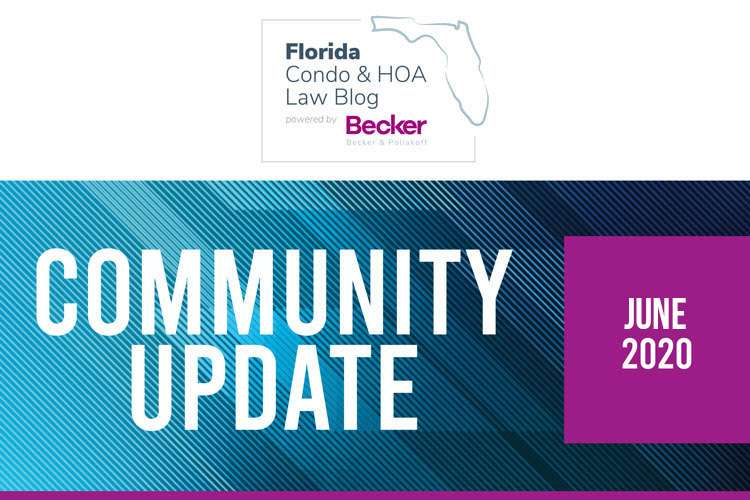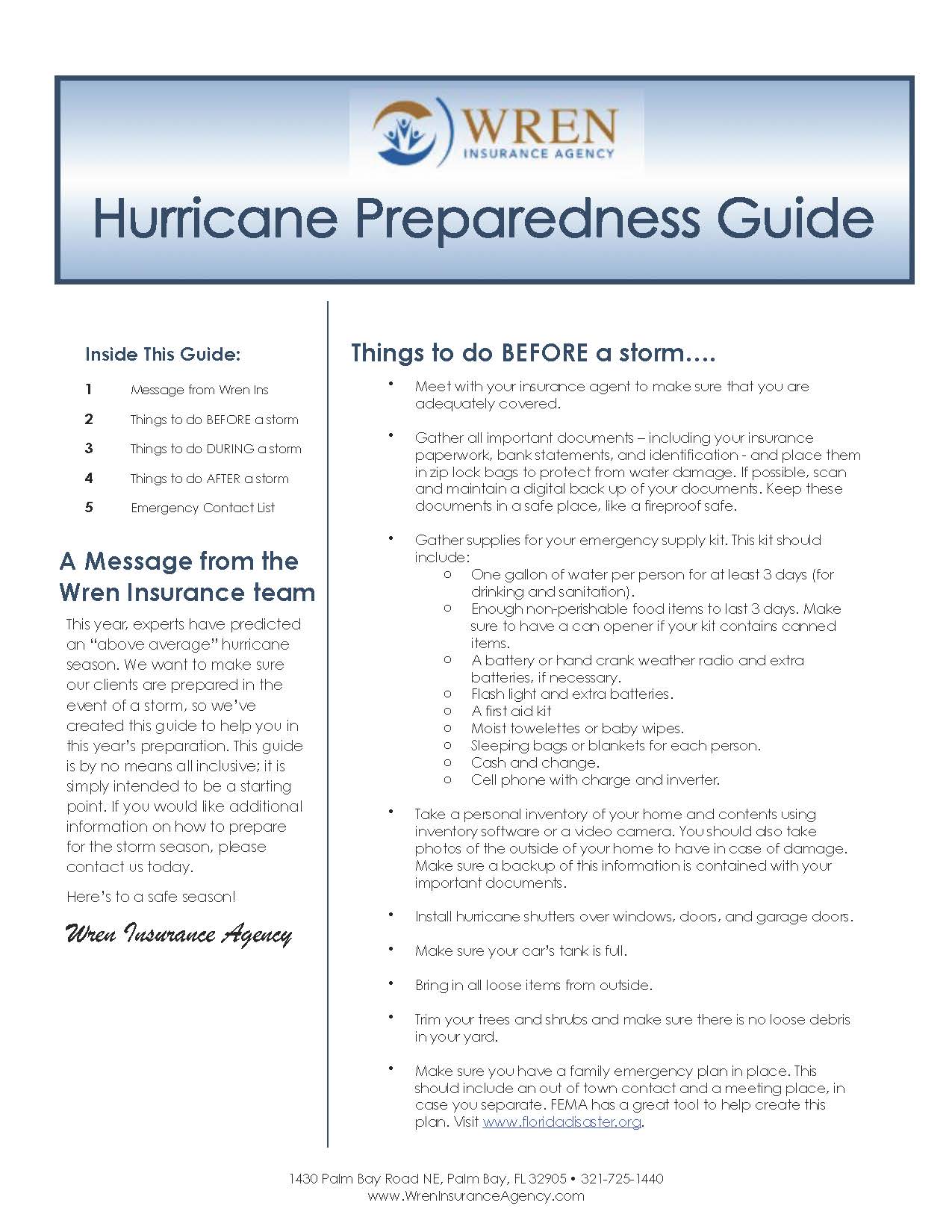By Solutions Property Management of Florida, Inc. - Tuesday, July 14, 2020
By Solutions Property Management of Florida, Inc. - Sunday, July 12, 2020
The Florida Department of Professional Regulation is actively enforcing Florida Statutes and imposin...
By Solutions Property Management of Florida, Inc. - Tuesday, June 30, 2020
Community Update - June 2020
By Solutions Property Management of Florida, Inc. - Thursday, June 25, 2020
4th of July Might Get Louder for Florida HOAs
By Solutions Property Management of Florida, Inc. - Wednesday, June 24, 2020
Governor DeSantis signed SB 1084 emotional support animal (ESA) legislation
By Solutions Property Management of Florida, Inc. - Monday, June 15, 2020
Emotional Support Animal Bill Goes to the Governor
By Solutions Property Management of Florida, Inc. - Wednesday, May 20, 2020
2020 Hurricane Preparedness Checklist
By Solutions Property Management of Florida, Inc. - Tuesday, April 21, 2020
Dangers of Corporation Leases
By Solutions Property Management of Florida, Inc. - Tuesday, April 21, 2020
Florida Statute 718.111(11)a - Update Information
By Solutions Property Management of Florida, Inc. - Thursday, April 9, 2020
Enforcement Related to COVID-19 Protocols and Quarantine
Showing 1- 10 of 84






